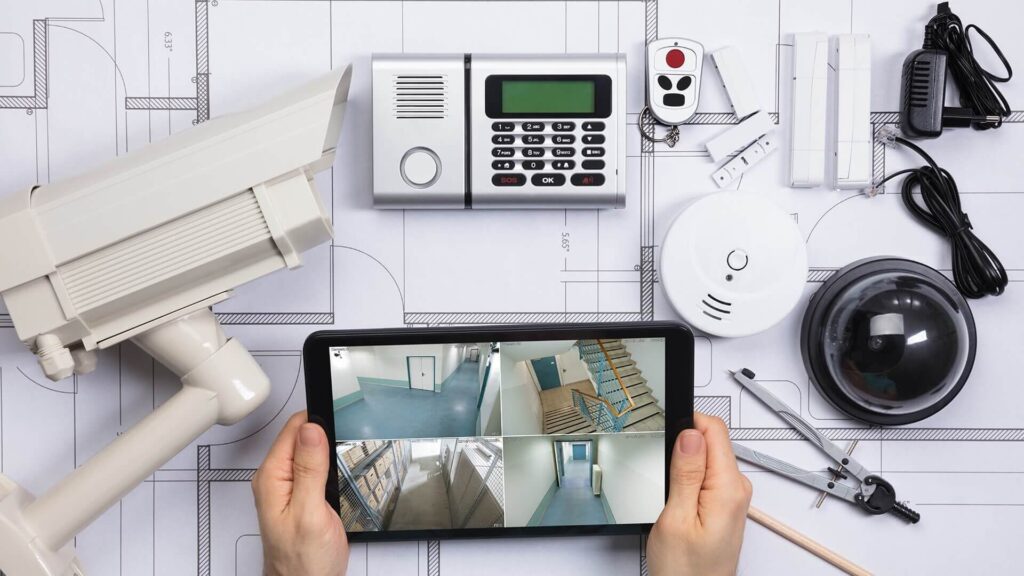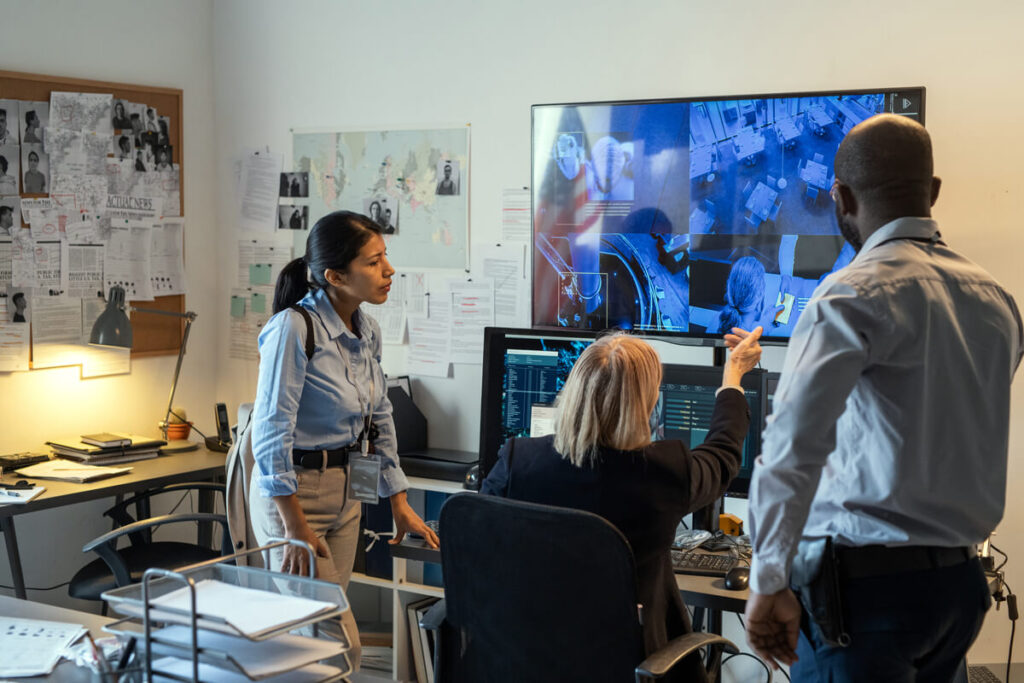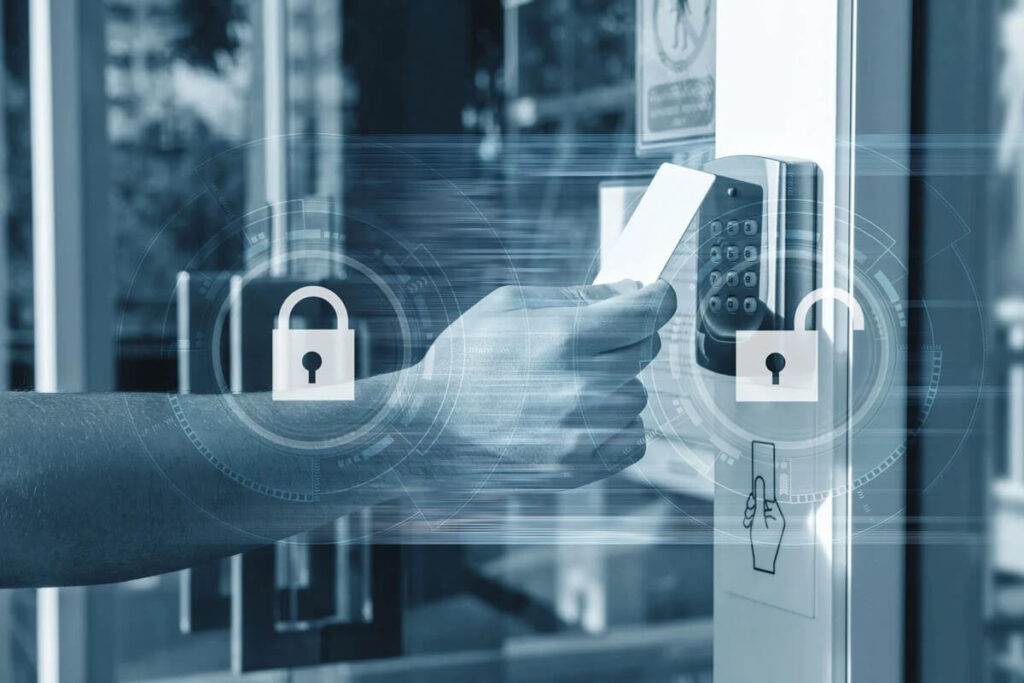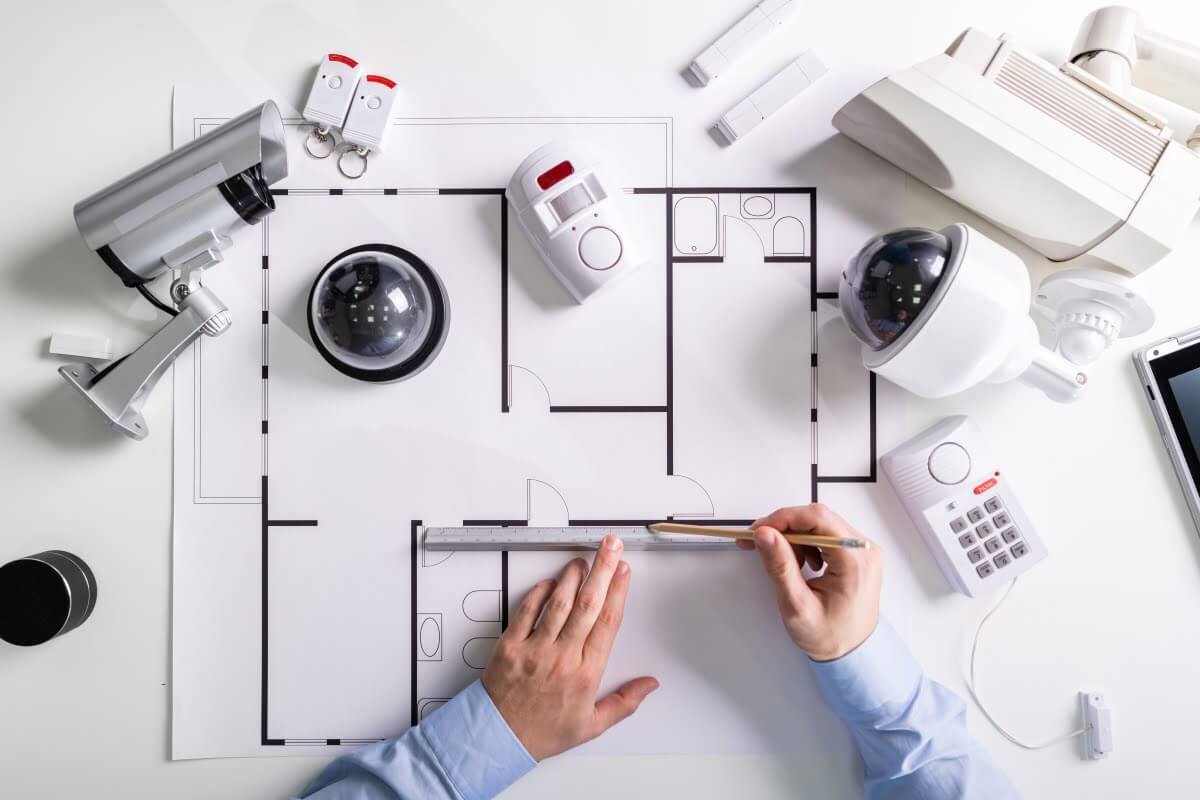In an increasingly unpredictable world, the importance of safeguarding business assets cannot be overstated. Commercial security systems have evolved significantly, offering advanced solutions that not only deter crime but also provide peace of mind for business owners. This article delves into the various ways these systems protect business assets, ensuring that operations run smoothly and securely.
The Importance of Security for Businesses
Every business, regardless of its size or industry, faces potential risks that can threaten its assets. From theft and vandalism to data breaches, the consequences of inadequate security can be devastating. Investing in commercial security Sydney solutions not only protects physical assets but also enhances the overall operational integrity of the business.
Understanding the Risks
Businesses are often targeted for a variety of reasons. High-value items, sensitive information, and even the reputation of the company can be at stake. Understanding these risks is the first step in developing a robust security strategy. For instance, retail businesses may face shoplifting, while offices may be more concerned with data breaches and insider threats. Additionally, the rise of cybercrime has introduced new complexities, as hackers continuously evolve their tactics to exploit vulnerabilities in digital systems. This underscores the necessity for businesses to stay informed about the latest security trends and threats.
Financial Implications
Investing in security systems can seem like an additional expense, but the financial implications of not having adequate protection can be far greater. According to various studies, businesses that experience a significant security breach can face losses in revenue, legal fees, and damage to their reputation. In many cases, the cost of implementing a comprehensive security system is dwarfed by the potential losses from an incident. Furthermore, the long-term impact on customer trust can be particularly detrimental; once a business has been compromised, regaining the confidence of clients and stakeholders can take years and require substantial investment in public relations and marketing efforts to restore its image.

Moreover, the financial burden of security breaches extends beyond immediate losses. Companies may also experience increased insurance premiums, as insurers adjust rates based on the perceived risk associated with inadequate security measures. This creates a cycle where businesses that fail to invest in security not only face the risk of breaches but also find themselves paying more in the long run. Therefore, a proactive approach to security is not merely a safeguard against loss; it is an essential investment in the sustainability and growth of the business. Click here to get also about best CCTV camera systems for home and business security.
Components of Commercial Security Systems
Commercial security systems are multifaceted, incorporating various technologies and practices to create a comprehensive security solution. Understanding these components can help business owners make informed decisions about their security needs.
Surveillance Systems
One of the most visible components of any security system is the surveillance camera. Modern CCTV systems offer high-definition video quality, night vision capabilities, and remote access features. These cameras serve multiple purposes, including deterring potential criminals and providing valuable evidence in the event of an incident.
Moreover, many surveillance systems now integrate with cloud storage solutions, allowing for easy access and management of footage. This not only enhances security but also provides business owners with the ability to monitor their premises in real-time, from anywhere in the world.
Access Control Systems
Access control systems are essential for regulating who can enter specific areas of a business. These systems can range from simple keycard access to sophisticated biometric scanners that use fingerprints or facial recognition. By limiting access to sensitive areas, businesses can protect their assets and sensitive information from unauthorised personnel.
Additionally, modern access control systems can be integrated with other security measures, such as alarm systems and surveillance cameras, creating a cohesive security environment that is both effective and efficient.
Alarm Systems
Alarm systems are a critical component of commercial security, providing immediate alerts in the event of a breach. These systems can be programmed to detect various threats, including unauthorised entry, fire, and even environmental hazards such as flooding or gas leaks.
When an alarm is triggered, it can notify local authorities or security personnel, ensuring a rapid response to potential threats. This not only helps in mitigating damage but also acts as a deterrent to would-be criminals, who are less likely to target a business with a visible alarm system.

The Role of Monitoring Services
While having security systems in place is crucial, the effectiveness of these systems is greatly enhanced by professional monitoring services. These services provide an additional layer of protection, ensuring that any alerts or incidents are addressed promptly.
24/7 Monitoring
Many businesses operate outside of traditional hours, making 24/7 monitoring essential. Professional monitoring services keep an eye on surveillance feeds and alarm systems around the clock, allowing for immediate action in the event of a security breach.
This constant vigilance can be a game-changer for businesses, particularly those that may not have the resources to monitor their security systems themselves. Knowing that trained professionals are watching over their assets provides peace of mind for business owners and employees alike.
Incident Response
In the unfortunate event of a security incident, having a monitoring service can ensure a swift response. These services typically have established protocols for contacting local law enforcement or security personnel, minimising response times and potentially reducing the impact of the incident.
Furthermore, incident response teams can assist in investigating breaches, providing insights that can help prevent future occurrences. This proactive approach to security not only protects assets but also helps businesses learn and adapt their security strategies over time.
Integrating Technology for Enhanced Security
As technology continues to evolve, so too do the capabilities of commercial security systems. Integrating various technologies can create a more robust security framework that is both effective and user-friendly.
Smart Security Solutions
Smart security solutions are becoming increasingly popular among businesses. These systems utilise Internet of Things (IoT) technology to connect various security devices, allowing for seamless communication and control. For example, a business owner can receive real-time alerts on their smartphone if a motion sensor is triggered, or they can remotely view surveillance footage from their office or home.
Such integration not only enhances security but also simplifies management. Business owners can control multiple aspects of their security system from a single interface, making it easier to monitor and adjust settings as needed.
Data Security Measures
In today’s digital age, protecting data is just as crucial as safeguarding physical assets. Many commercial security systems now include cybersecurity measures to protect sensitive information from breaches. These measures can include firewalls, encryption, and regular security audits to identify vulnerabilities.
By implementing a comprehensive security strategy that encompasses both physical and digital assets, businesses can significantly reduce their risk of loss and enhance their overall security posture.

Choosing the Right Security System for Your Business
With a plethora of options available, selecting the right security system can be daunting for business owners. However, understanding specific needs and conducting thorough research can streamline the decision-making process.
Assessing Your Security Needs
Before investing in a security system, it is essential to assess the specific needs of the business. Factors such as the size of the premises, the nature of the assets being protected, and the level of risk should all be considered. Conducting a security audit can help identify vulnerabilities and areas that require enhancement.
Engaging with security professionals can provide valuable insights into the most effective solutions tailored to the unique requirements of the business. This collaborative approach ensures that the chosen system is not only effective but also cost-efficient.
Budget Considerations
Budget is often a significant factor in determining which security system to implement. While it may be tempting to opt for the cheapest option, it is crucial to consider the long-term value of the investment. A more comprehensive system may require a higher initial outlay but can save money in the long run by preventing losses and minimising risks.
Additionally, many security providers offer financing options or scalable solutions that can accommodate a range of budgets. This flexibility allows businesses to invest in their security without compromising their financial stability.
Conclusion
In conclusion, commercial security systems play a vital role in protecting business assets from a variety of threats. By understanding the risks, investing in the right components, and integrating technology, businesses can create a robust security environment that safeguards their physical and digital assets.
The importance of a well-implemented security strategy cannot be overstated. With the right measures in place, business owners can focus on their core operations, confident that their assets are protected. As the landscape of threats continues to evolve, so too must the strategies employed to combat them, ensuring that businesses remain resilient and secure in an ever-changing world.

